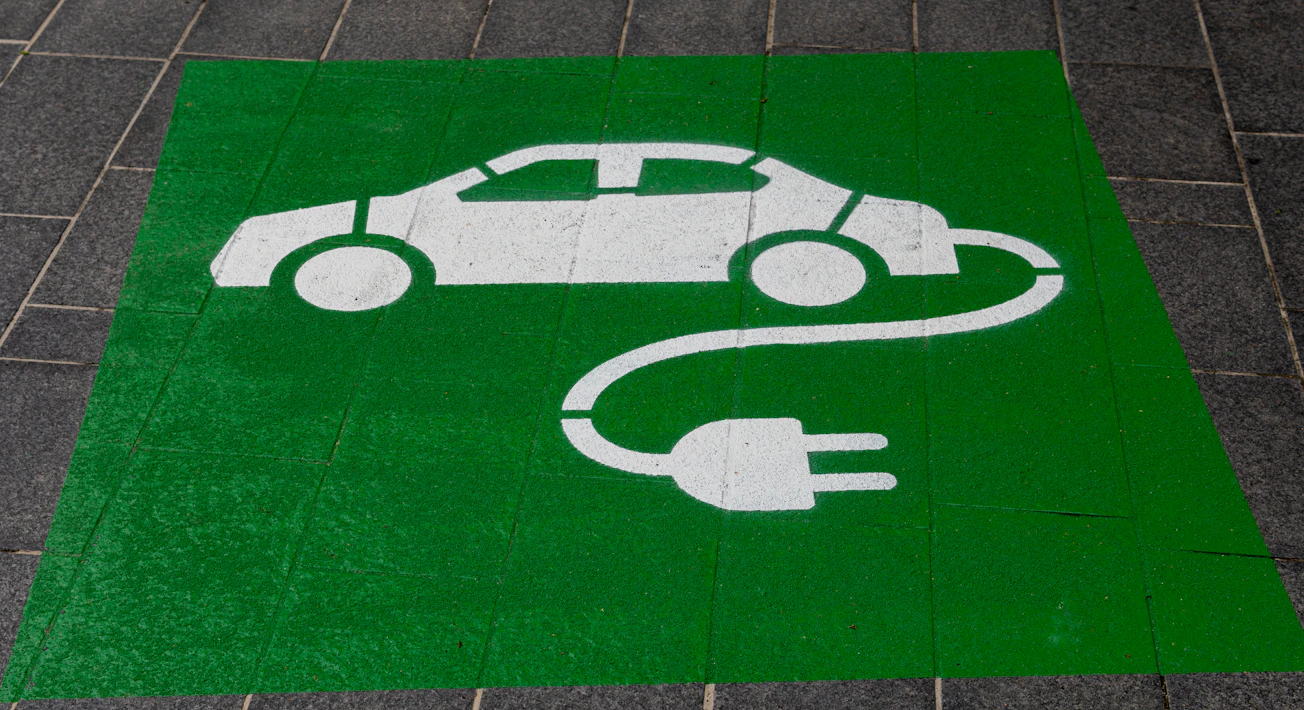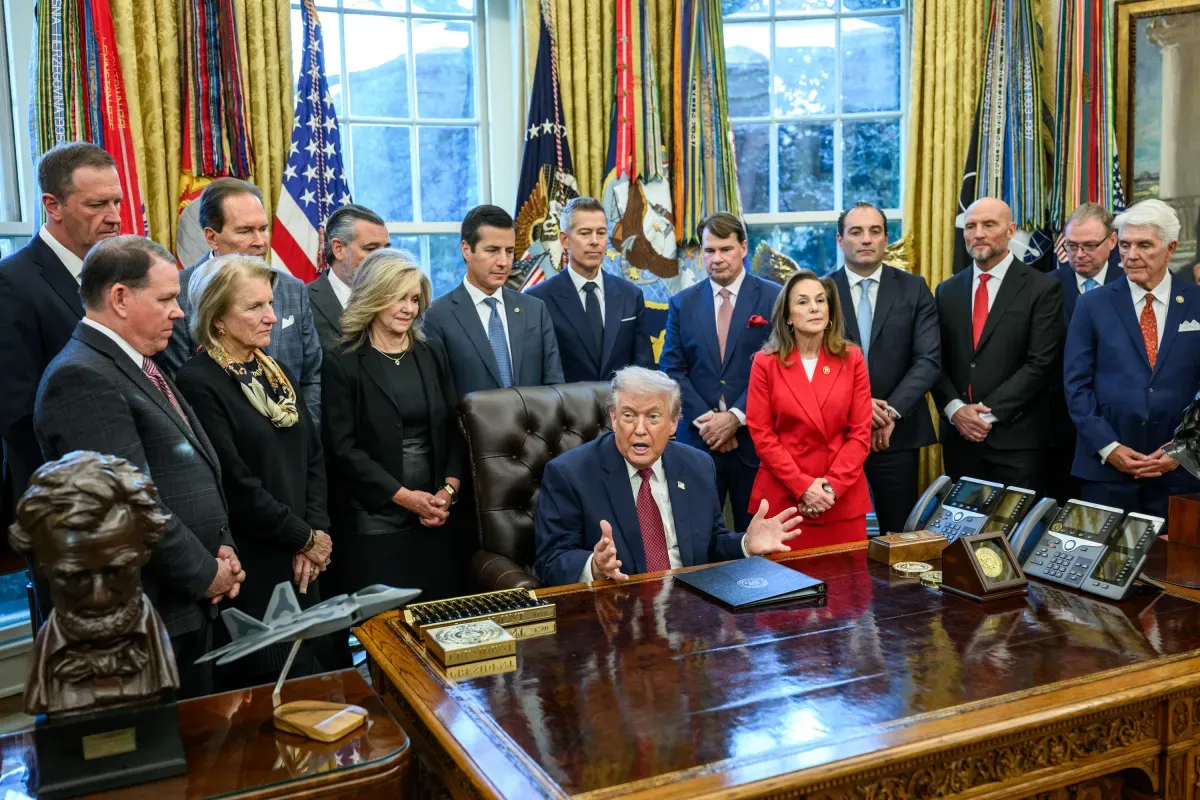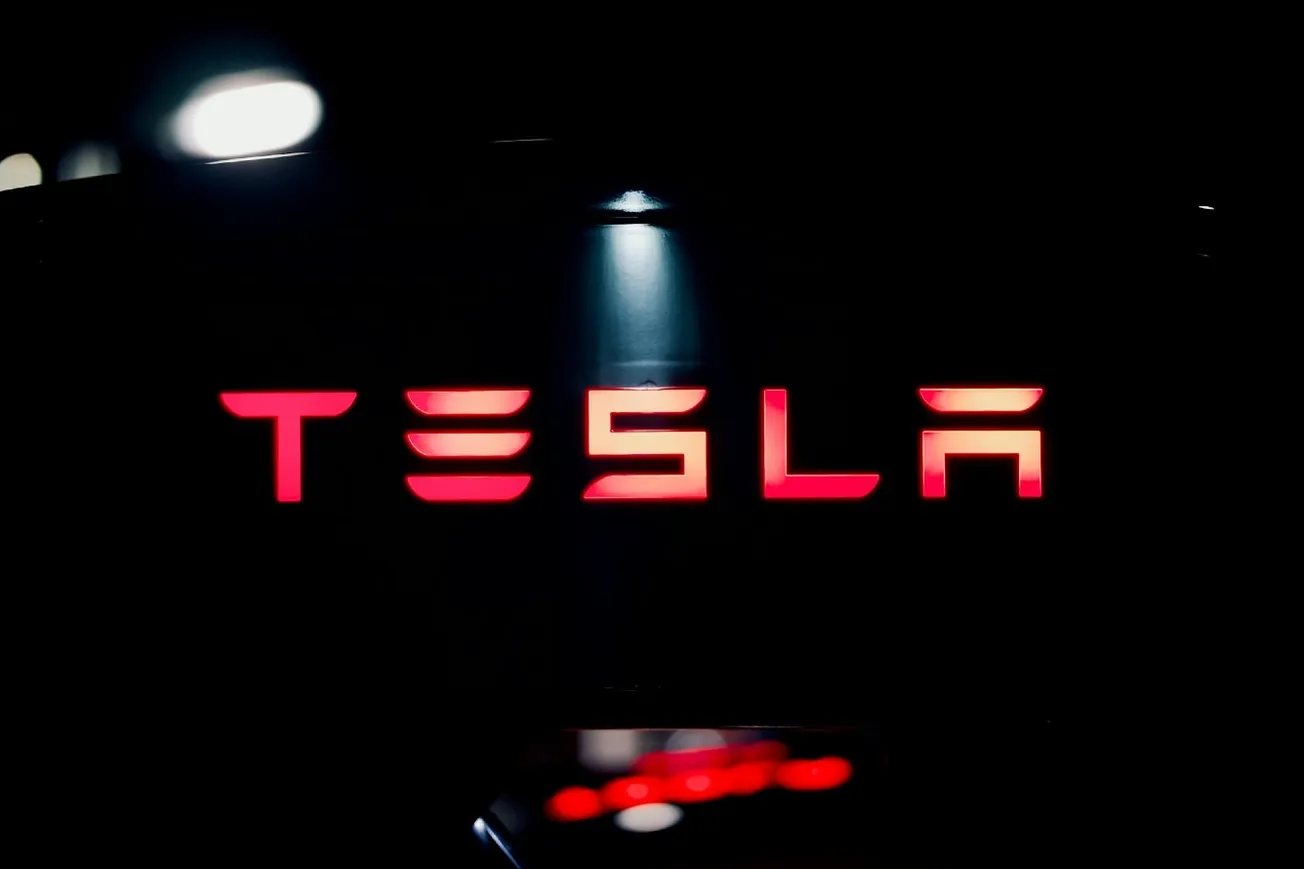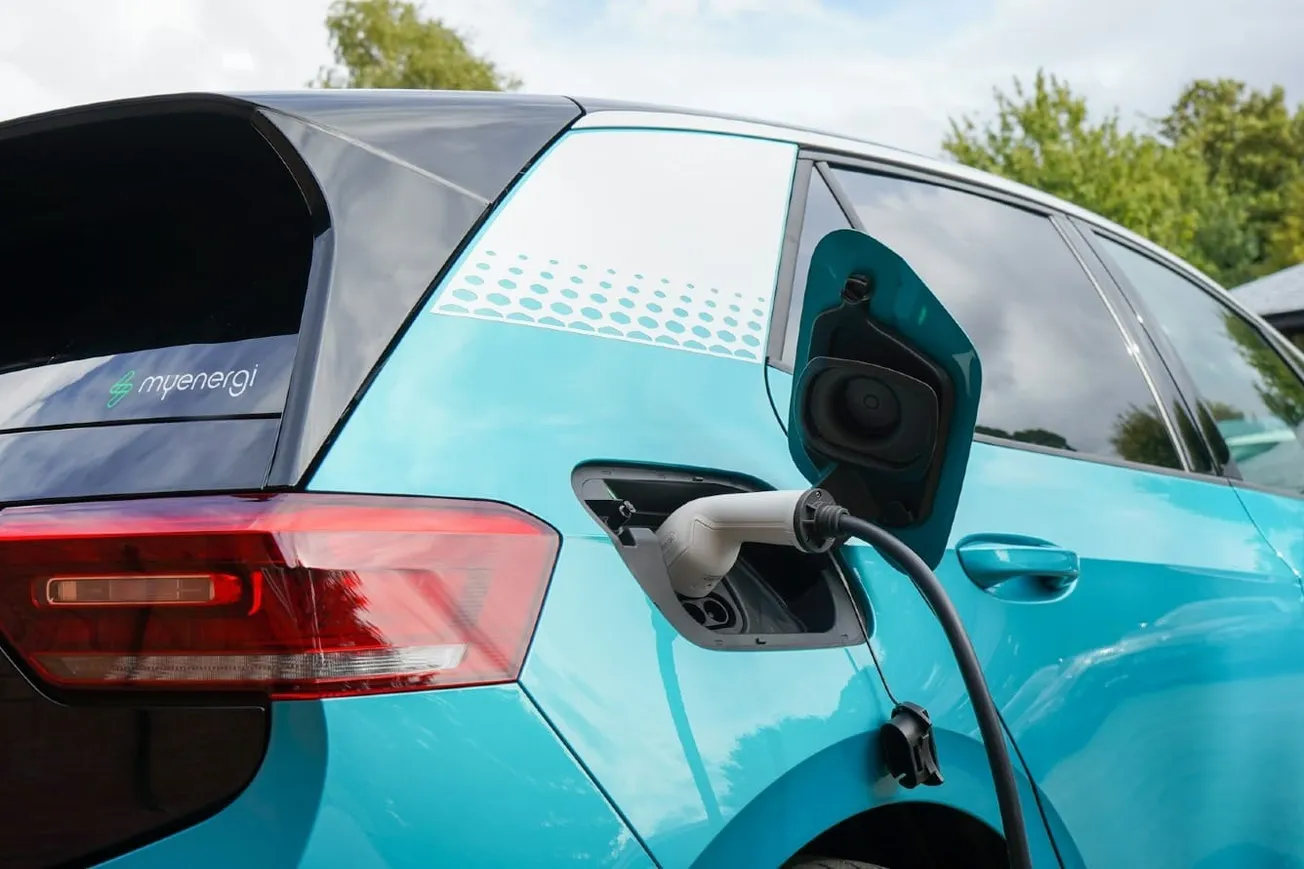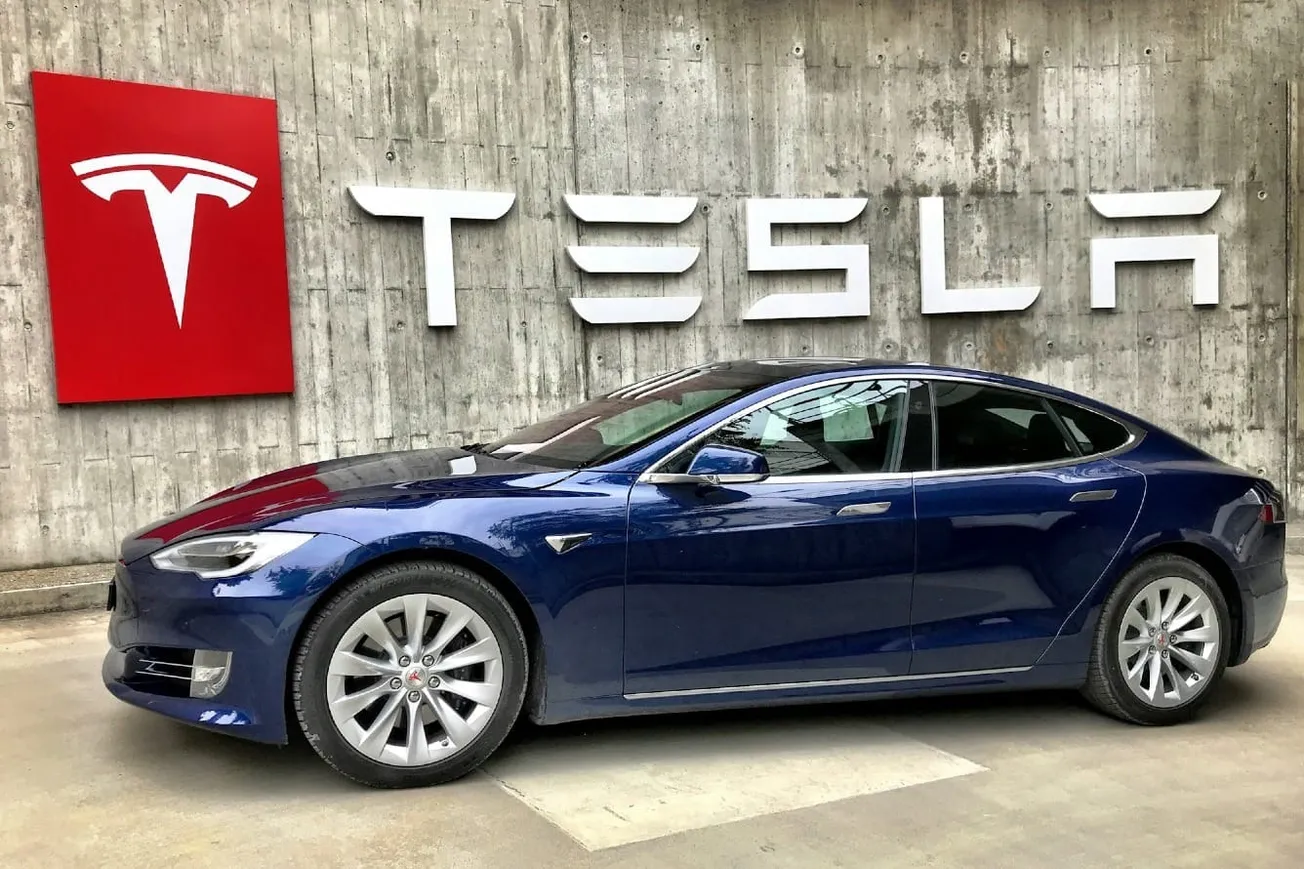The latest evidence that electric vehicles are nothing more than environmental snake oil can be found in a recent Wall Street Journal article pointing out that these “clean” cars are actually more polluting than their gasoline-powered brethren.
By polluting, we mean actual pollution, not carbon dioxide emissions – which is not pollution but plant food.
The Journal was highlighting a study from 2022 that, naturally, was ignored by the mainstream press at the time. What the study found was that “brakes and tires on EVs release 1,850 times more particle pollution compared to modern tailpipes.”
Why? Because EVs are as much as 30% heavier than gas-powered cars, which means more stress on their “regenerative” brakes and much faster tire wear.
Car buyers expect their tires to last 40,000 miles. But EV owners are finding that they last only 13,000 miles. Not only does that significantly increase the cost of ownership of an EV, but it also adds to air pollution.
That’s because tire wear, in case you didn’t know, is a major source of “fine particulate matter” – often called soot – which the Environmental Protection Agency, in case you didn’t know, considers “one of the most dangerous forms of air pollution and it’s linked to a range of serious and potentially deadly illnesses, including asthma and heart attacks.”
In fact, just days before the Wall Street Journal published that op-ed, the EPA announced new rules that sharply reduce acceptable levels of this form of pollution.
So, here we have President Joe Biden’s EPA clamping down on allowable levels of soot while the same EPA is trying to force drivers into soot-producing EVs.
Michael Buschbacher and Taylor Myers, writing in the Journal, point out that environmentalists are lying to the public about this while pushing for bans on gas-powered cars.
“The EPA’s own emissions model falsely ‘applies the same tire wear emission rate for all vehicle fuel types (gasoline, diesel, flex-fuel, CNG or electric),’ completely ignoring the differences in weight,” they note.
So, add this to the growing pile of false claims and outright lies being peddled by environmentalists, manufacturers, and the government about EVs.
They are “clean” cars. False. They just shift their emissions to power plants, which depending on their fuel sources produce plenty of CO2. Plus, battery production is carbon intensive, and so when you look at total CO2 emissions over the lifetime of an EV – from production to junkyard – they can produce more CO2 than a gas-powered car.
They are cheaper to operate. False. EVs are much more prone to need repairs and repair costs are higher than conventional vehicles. They also cost more to insure because even a fender bender can total an EV if it damages the battery. And, depending on the range, charging the battery costs as much or more per mile as gasoline.
Their promised range is reliable. False. Several studies have found that most EVs can’t go nearly as far on a single charge as claimed. SAE International studied the performance of 21 EV models and found that, on average, the cars’ ranges were inflated by 12.5%. Even that’s being too generous. Manufacturers recommend that EV owners not let their batteries fall below 20% before recharging, and then only charge them to 80% to “reduce wear and tear and promote longer battery life” and because it can take forever to go from 80% to 100%.
Imagine if the auto industry made similar claims about conventional cars, reassuring buyers they can go 400 miles on a 10-gallon tank of gas, but then told drivers not to let their tanks go below two gallons and fill them up only to eight. That 400-mile range suddenly becomes 240 miles. A car company that tried to pull a fast one like this would face a consumer revolt, media backlash, class-action suits, and government fines for false advertising.
But who’s going to call out these EV lies?
Auto companies? They’ve dumped a fortune into their electric car fleets and don’t want to see that money go up in flames.
The government? It’s pumping out billions of taxpayer dollars to prop up these “planet savers” and, at least while leftists run things, will never admit that green policies are massive waste of resources.
The media? They’re all-in on climate alarmism.
Consumer groups? They’re mostly far-left groups in bed with environmentalists and are willing to help everyone else cover up this consumer fraud.
The best thing car buyers can do is refuse to play the sucker.
— Written by the I&I Editorial Board

